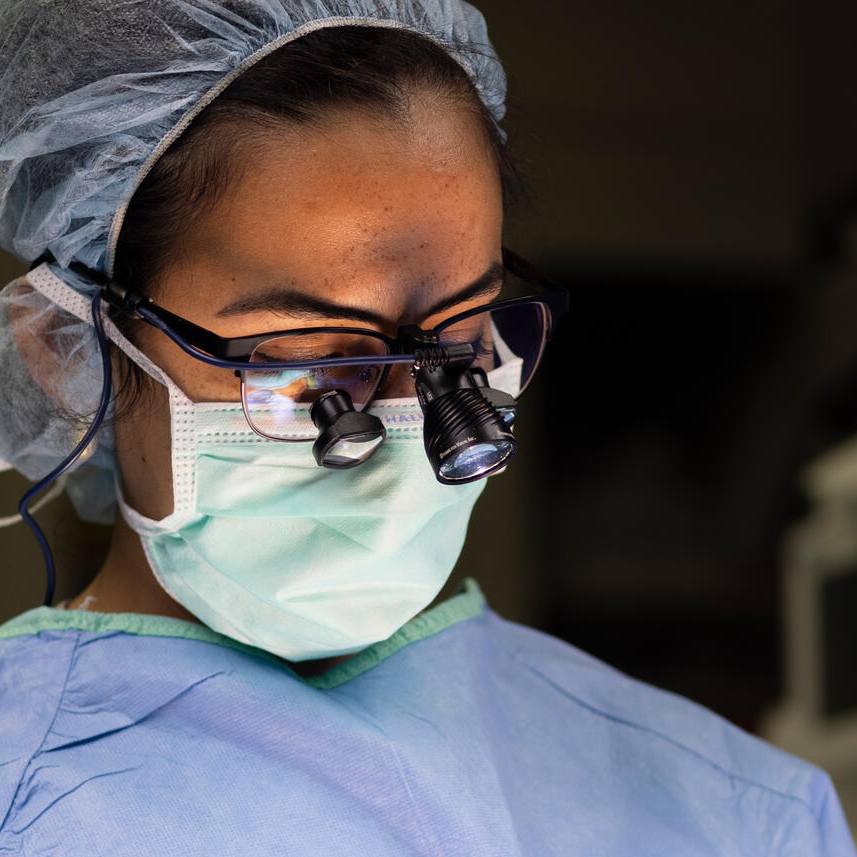Enhanced access to regenerative treatments is needed so new healing solutions become broadly available in clinical care, according to Mayo Clinic research. Achieving validity, utility and mass customization would help realize the regenerative biotherapeutics potential, a Mayo Clinic study reports in the International Journal of Molecular Sciences.
"Emerging individualized biotherapies call for on-demand solutions tailored to patient needs and at-cost distribution," says Andre Terzic, M.D., Ph.D., senior author of the study. Dr. Terzic is the Marriott Family Director, Comprehensive Cardiac Regenerative Medicine for the Center for Regenerative Medicine and the Marriott Family Professor of Cardiovascular Research.
Separate from this study, Mayo Clinic's Center for Regenerative Medicine leads an enterprise biomanufacturing strategy to deliver next-generation therapeutics. To bring cures to the practice, the center has pioneered diverse regenerative technologies, including cellular, acellular and gene therapies. New Mayo Clinic research underscores streamlined and scaled production of engineered biologics, offering targeted healing.
Translating clinical trials to patient care
Regenerative biotherapeutics have advanced into clinical trials. An example is stem cell therapy for heart failure patients. Heart failure is among the top 5% of conditions with the highest medical expenses, warranting new treatment modalities.
Cardiopoietic cells, developed at Mayo Clinic and tested in clinical trials, show benefit in patients with advanced heart failure. Cardiopoietic cells are derived from adult stem cell sources and programmed with a growth factors-based protein cocktail to enhance their heart healing aptitude. The process of cardiopoiesis — the production of cardiac muscle tissue — has been engineered to yield affordable cardiac repair competent cells. Launching biotherapeutics tailored for optimal outcome and offered at mass production cost would contribute to equitable regenerative care that addresses population health needs.
"Responsible translation of innovative technologies is a cornerstone in establishing care pathways. Documented effectiveness and improved outcome are at the core of clinical readiness," says Satsuki Yamada, M.D., Ph.D., a Mayo Clinic cardiologist and first author of the study. "Mass-customized products are needed to realize a cost-effective prospect, and a value-added outlook for patients and health care systems."
"Producing made-to-order biotherapeutics through scalable and standardized mass manufacturing paves the way for the next decade of regenerative medicine," adds Dr. Terzic.
Additional research is needed to integrate high-definition regenerative medicine in health management. Achieving proven new therapies will contribute to equity in the coverage of at-risk populations, according to the study.
###










